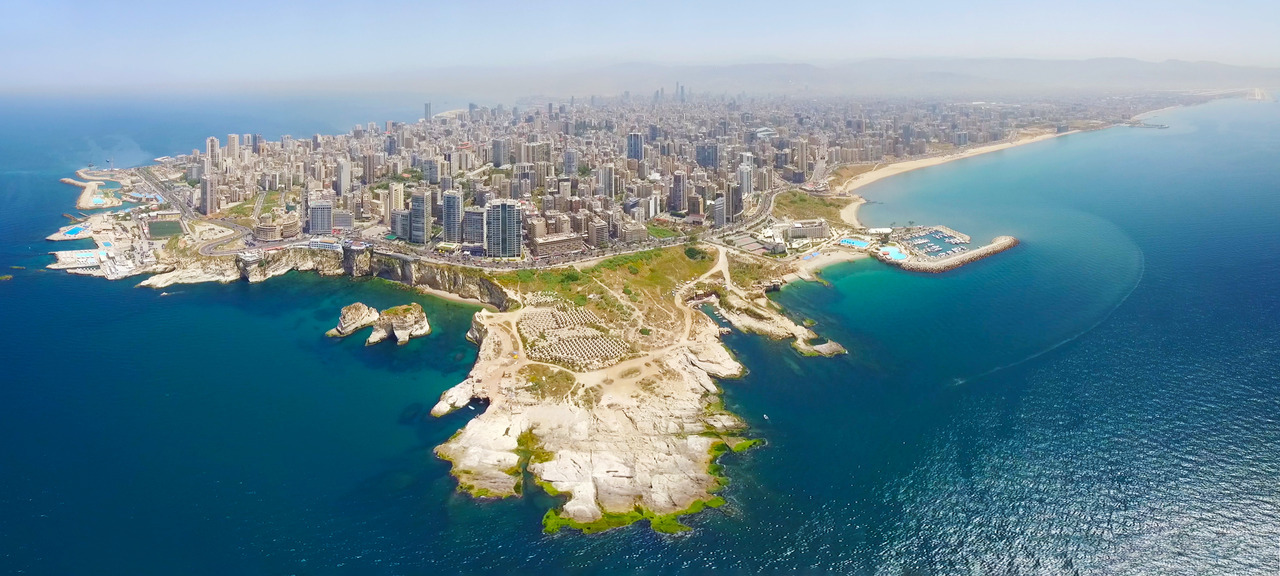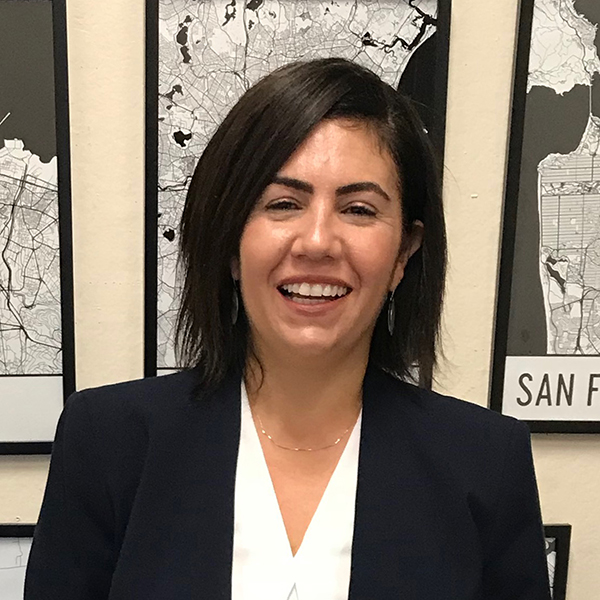Alumni Books Podcast: For the War Yet to Come
-
-
Slice of MIT
Filed Under
Recommended


Hiba Bou Akar MCP ’05 is the author of For the War Yet to Come: Planning Beirut’s Frontiers (Stanford University Press, 2018). A native of Beirut and professor of urban planning at Columbia University, Bou Akar has used her hometown as inspiration for much of her research on urban planning over the years.
In this Slice of MIT alumni books podcast, Bou Akar explains how finishing the book in 2018 was particularly apt. “It’s a critical moment in which the future is being contested, especially as we reach unprecedented numbers of conflicts and climate refugees, and at the moment at which we are told we have less than 15 years to do something about climate change.”
(Read the episode transcript.)
The book began as an inquiry into the mass vacancy rates in apartment structures in Beirut’s suburbs, or “peripheries.” Bou Akar’s fieldwork uncovered far more complex answers to her questions than issues of simple supply and demand. Displaced populations, after a 20-year civil war, moved about and designed their surroundings in unique ways in response to political, religious, and social influences and disruptions.
Interviewing former militiamen in male-dominated government and religious offices, as well as families and refugees with grave privacy concerns, Bou Akar conducted her research with a delicate flexibility. “I was very careful and mindful of the context in which these people were operating,” she says. She couldn’t record interviews, snap photos, or even take notes during these conversations—though she sometimes rushed back to her car to capture what she could in a notebook.
Beirut aside, Bou Akar believes much of her fieldwork can inform understanding of how cities evolve after serious conflict, whether spawned by climate change, war, or violence. “For the longest time,” she says, “the future that was imagined for modernization was of progress and for the better…but many of our cities and states are being shaped from expectations or fear that yet another [war] will come. In Paris, Mogadishu, Barcelona, New York, this fear ends up shaping our present, and in the name of that fear, we do not contest these geographies of fear in the present.”
Despite the book’s overall narrative of war and displacement, Bou Akar found hope in meeting so many research subjects at work to improve things. “In the end…people are not building walls. They’re trying to make homes in these places. You still feel a lot of resiliency in the people trying to make a life despite the violence,” Bou Akar says.
Listen to the complete interview here.
Picture (top): Bader Photography.







